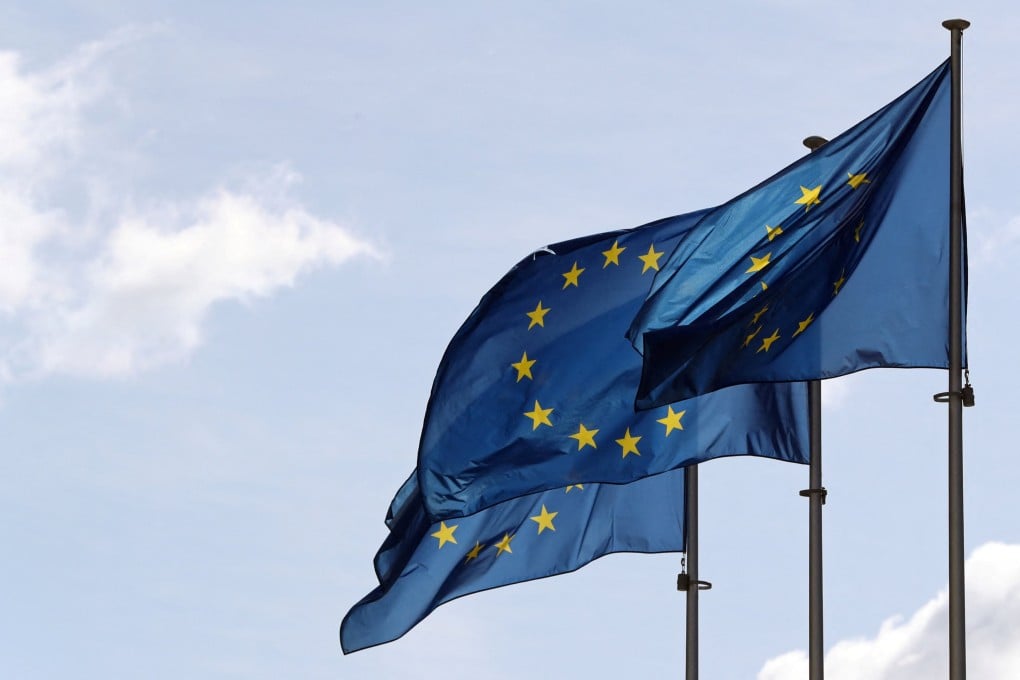Opinion | European Union has a duty to uphold and defend democracy worldwide
- Born out of a need for peace and unity after World War II, the EU has a long-standing commitment to democracy, both at home and abroad
- Amid new and unfamiliar threats to democratic progress worldwide, the EU has an obligation to show leadership and support populations whose freedoms are at risk

Many people in Europe come together on May 9 each year to celebrate peace and unity in the European Union. The date marks the anniversary of the historic 1950 Schuman Declaration, when French foreign minister Robert Schuman set out his idea for a new form of political cooperation in Europe. Europe Day is an occasion to reflect on and celebrate democracy as a universal value and one of the founding values of the EU.
For generations, the European Union has been a work in progress, growing from an economic community to a political union. After the devastation of World War II, there was an urgent need for peace and reconciliation, and Europe had to find its place in a world split by the Cold War. Together, European nations have been successful in securing peace and prosperity.
The EU has a strong and long-standing commitment to democracy. It can build on the diverse experiences and history of its own members to defend and support democracy at home and abroad.
Of course, each of our democracies is unique. They are shaped by our people and our history, by our own cultures and constitutions. But, ultimately, democracy in all its forms comes down to the same thing.
